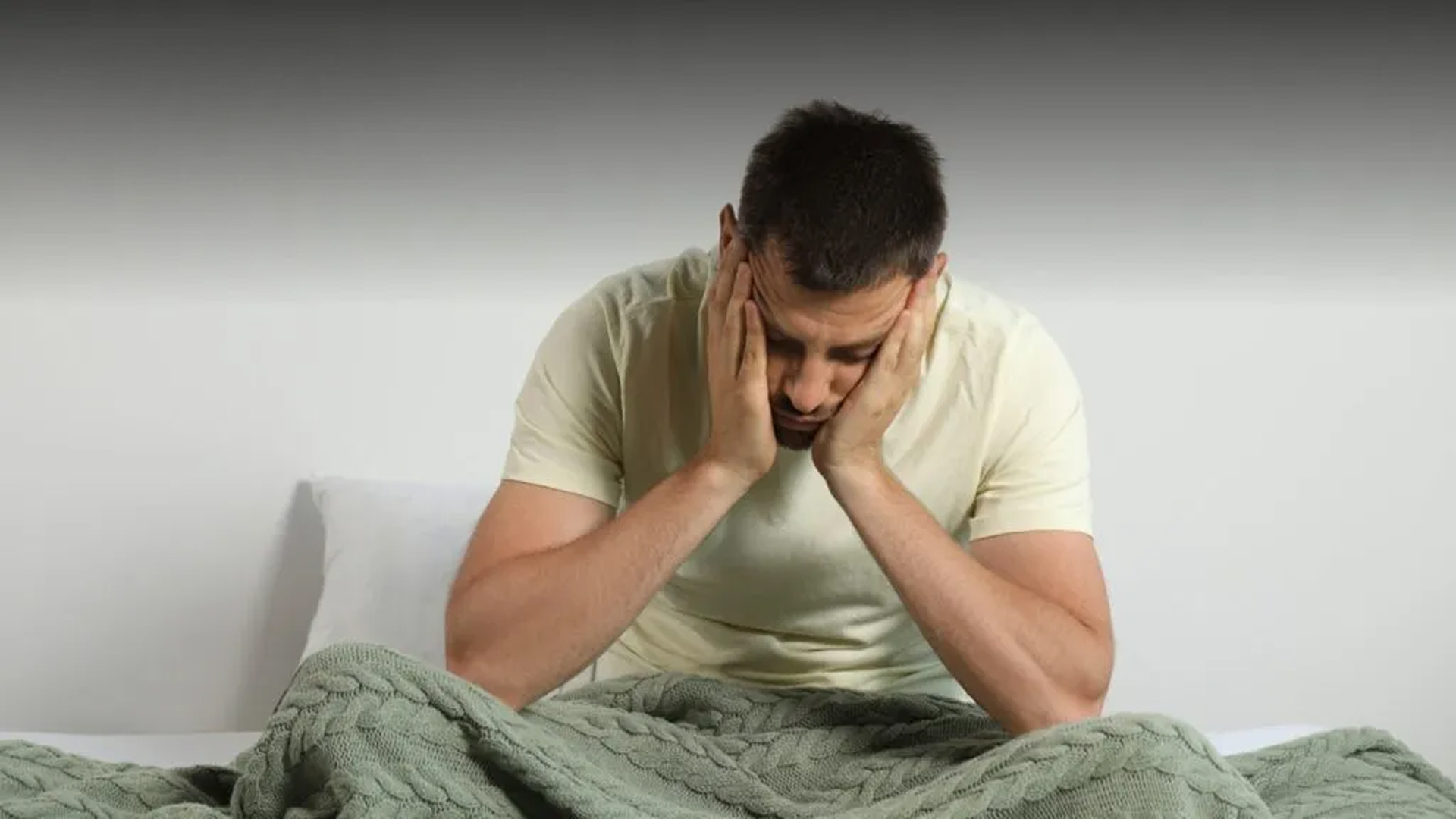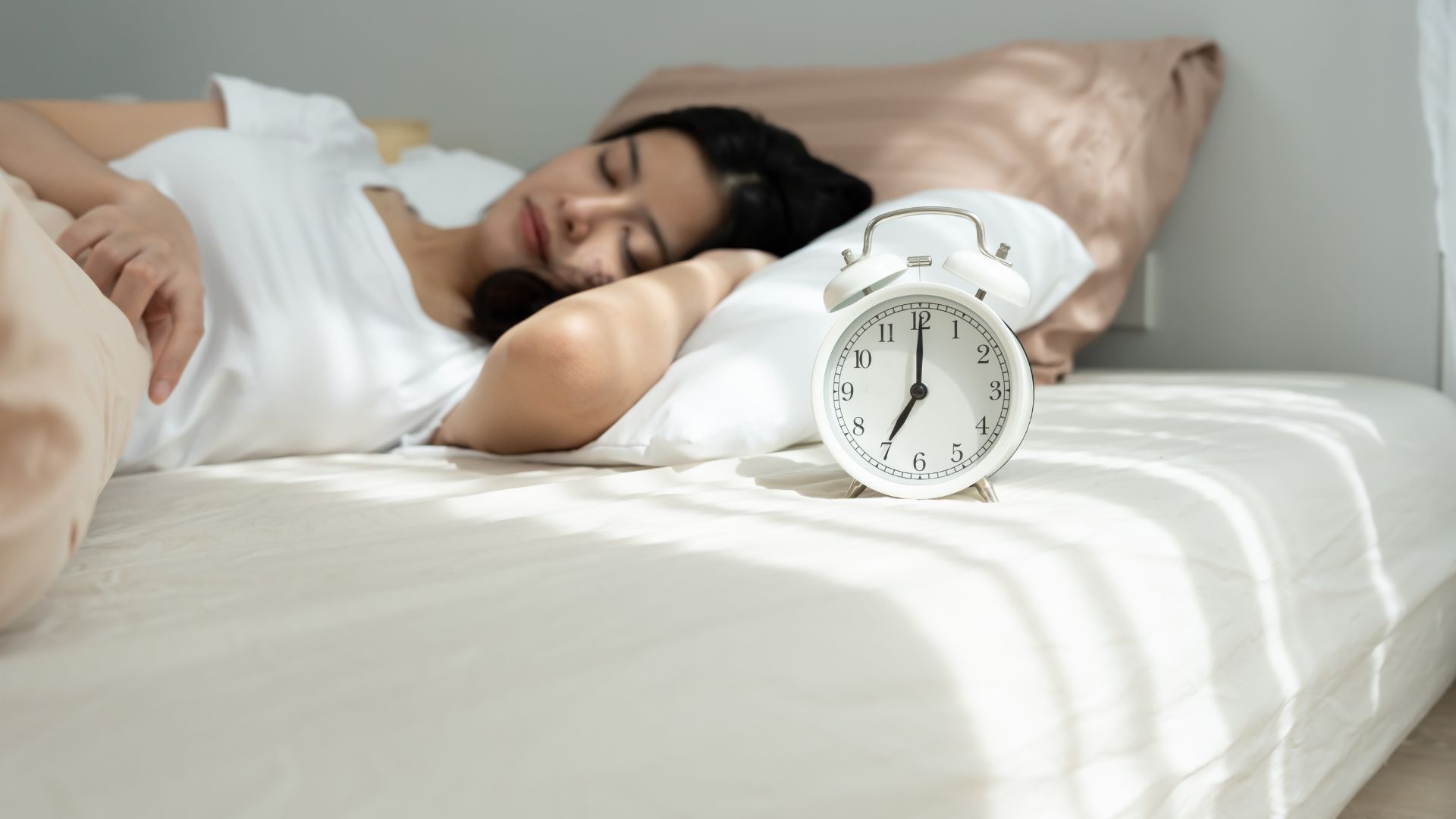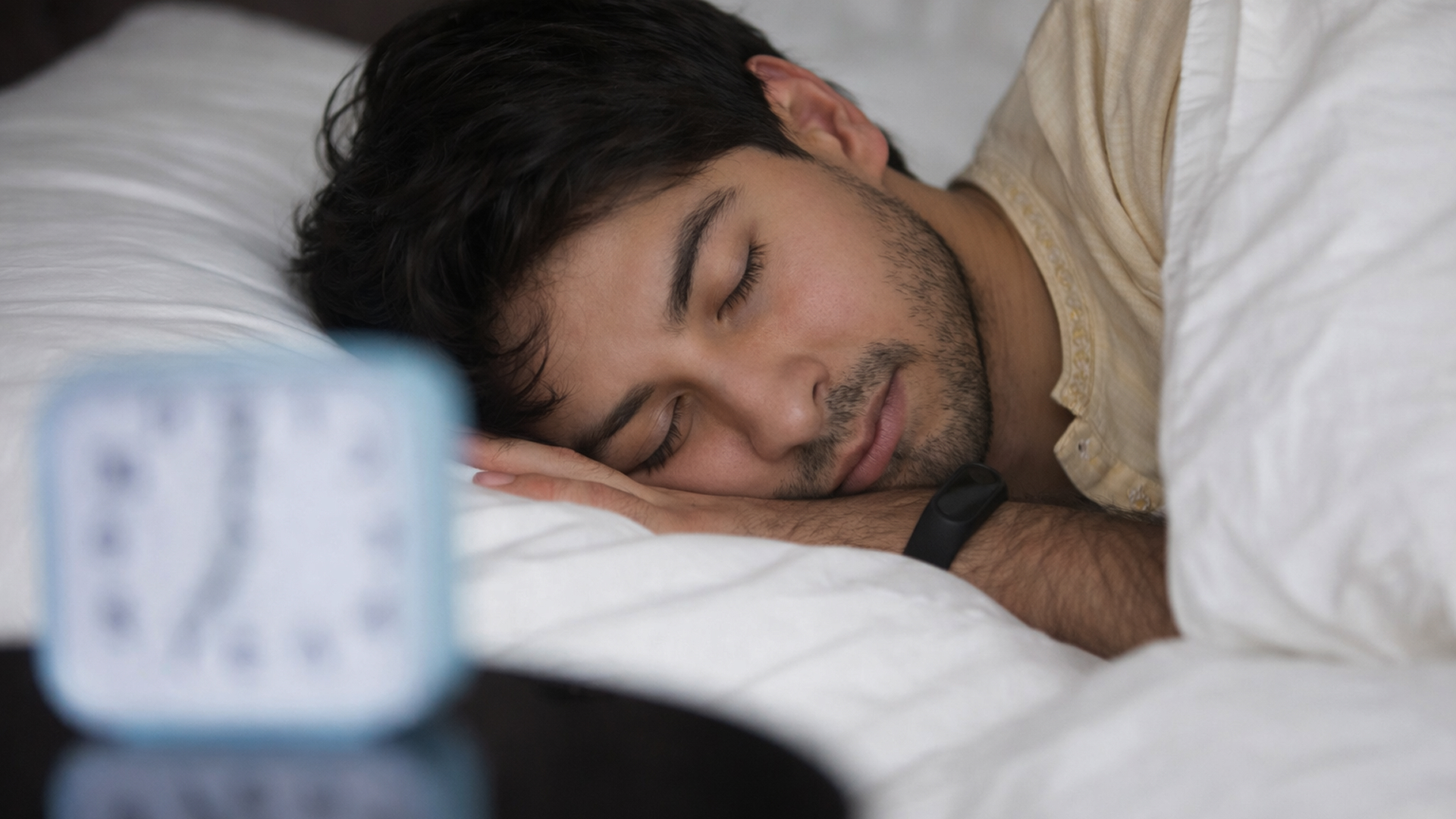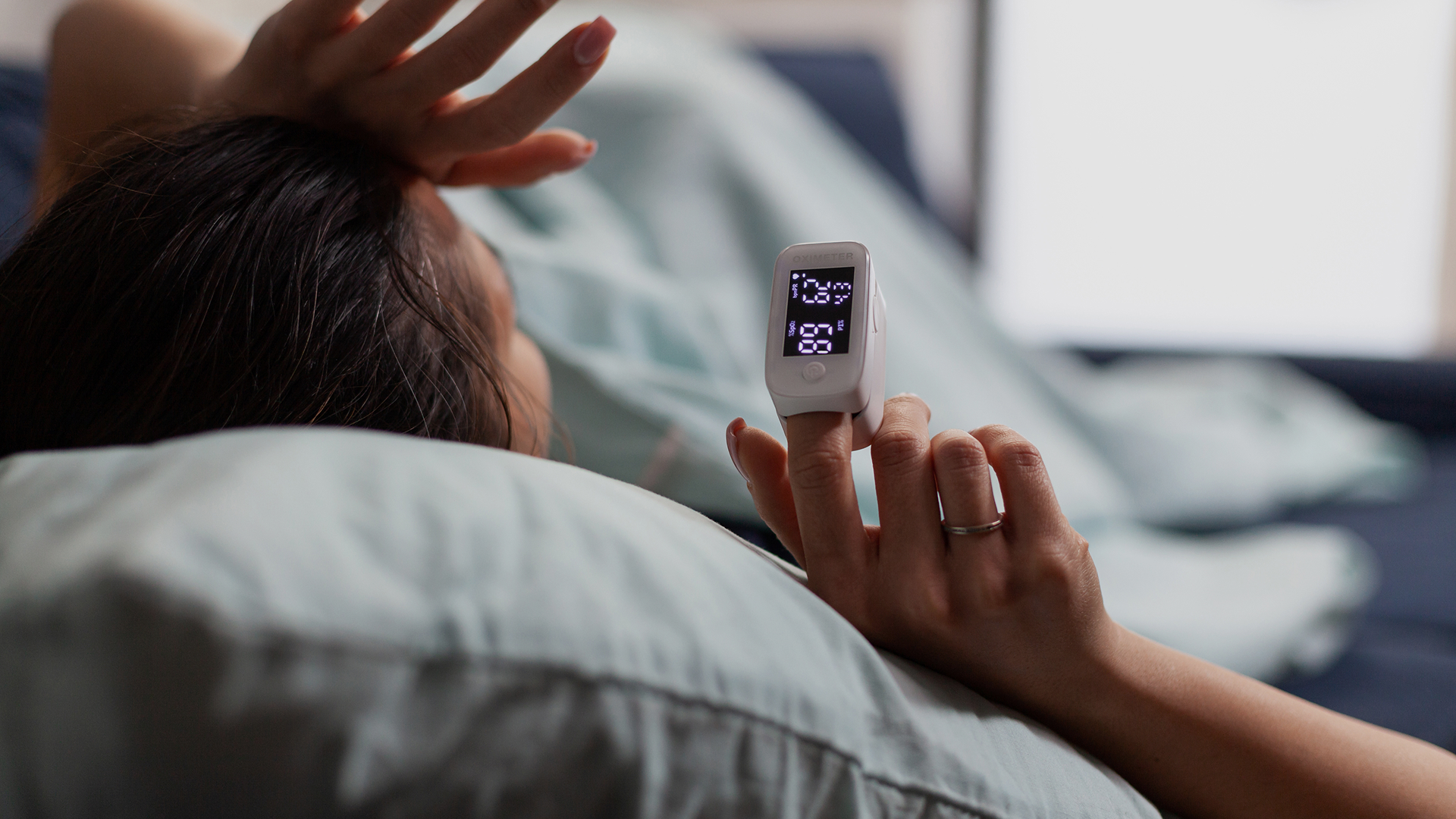Have you ever woken up suddenly, unable to move or speak, feeling pressure on your chest? This is called sleep paralysis, a temporary inability to move while falling asleep or waking up. Though scary, it is usually harmless.
During an episode, you might feel a presence in the room, see a sleep paralysis demon, or experience chest pressure and vivid hallucinations. Many people describe it as a mix of fear and confusion, making the moment feel surreal. Sleep paralysis often affects those with narcolepsy and sleep apnea, causing daytime drowsiness, sudden sleep attacks, and cataplexy, but it can also happen to anyone stressed, sleep-deprived, or following an irregular sleep schedule.
In this blog, we will cover what sleep paralysis is, its causes, symptoms, treatment options, tips on how to avoid sleep paralysis, and when to consult a sleep specialist. Whether it’s body paralysis, sudden wake-ups, or other symptoms, this blog will help you understand and manage sleep paralysis effectively.
What is sleep paralysis?
Sleep paralysis occurs when you’re temporarily unable to move your body just before falling asleep or waking up. It happens when your body is caught between sleep and wakefulness and is a type of parasomnia. Episodes usually last from a few seconds to a couple of minutes and can cause fear, anxiety, and confusion once movement returns.
Even a single episode can make you nervous about sleeping, affecting daytime function and overall well-being. While there’s no way to stop an episode in the moment, treatment for sleep paralysis and lifestyle adjustments can reduce the frequency and severity of episodes.
Also Read – Understanding Parasomnias: From Sleepwalking to Night Terrors
Why does sleep paralysis happen?
Sleep paralysis occurs when you become aware while entering or exiting REM sleep, but your body hasn’t fully transitioned between sleep phases. During REM sleep, your brain naturally relaxes the muscles in your arms and legs, a phenomenon called muscle atonia. This temporary paralysis prevents you from physically acting out your dreams, keeping you safe from potential injury.
As a result, you might find yourself unable to move or speak, even though your mind is awake. This is a normal part of sleep physiology, but factors like sleep deprivation, stress, irregular sleep schedules, or narcolepsy can increase the likelihood of experiencing sleep paralysis episodes. Understanding what causes sleep paralysis and its connection to REM sleep can help reduce fear and improve sleep quality.
Is sleep paralysis dangerous?
Sleep paralysis isn’t dangerous, but it can cause emotional distress during an episode. Some cases of sleep paralysis are linked to other sleep disorders, so let a healthcare provider know if you’re not sleeping well.
What are the symptoms of sleep paralysis?
You may experience the following symptoms during a sleep paralysis episode, either right before falling asleep or as you’re waking up:
- Unable to move your body or speak
- Feeling pressure on your chest
- Sensation of floating or leaving your body
- Seeing or sensing a threatening presence, a sleep demon (hallucinations)
- Feeling sleepy during the day.
What causes sleep paralysis?
The exact cause of sleep paralysis is unknown. Healthcare providers notice it could happen with the following:
-
- Narcolepsy
- Not getting enough sleep (sleep deprivation)
- Irregular sleep schedule (like shift work)
Sleep apnea
- Mental health issues (anxiety, bipolar, PTSD, panic disorder)
- Certain medications (e.g., ADHD treatment)
- Substance use disorder (SUD)
Also Read – Excessive sleepiness – why do I feel sleepy all the time?
What are the risk factors of sleep paralysis?
Sleep paralysis can affect anyone, at any age, though it’s more common in people with irregular sleep schedules, such as those working shifts. Sleep paralysis symptoms may first appear in childhood or adolescence, and episodes tend to be more frequent in your 20s and 30s. Understanding these patterns can help identify sleep disorders and manage sleep paralysis episodes effectively.
How Sleep Paralysis Feels: Personal Experience
Before sharing a real-life story, picture this: you wake up and can’t move a muscle, can’t speak, and feel something heavy pressing on your chest. Your mind is wide awake, but your body is stuck, and sometimes, it feels like there’s something in the room with you.
Real Experience: “The Night I Met My Sleep Paralysis Demon”
I was around 19 or 20, in college, just days after watching The Exorcism of Emily Rose. One night, I “woke up” at exactly 3:00 a.m., completely unable to move. A dark, heavy presence filled the room. I could feel intense pressure on my chest, like something was pushing me into the bed, suffocating me. My comforter even looked like it was sinking under invisible weight.
I tried to scream but could only make faint gargling sounds. It felt like I was being choked. In that moment, I truly believed a demon was sitting on my chest. The terror felt endless, until suddenly, it stopped. I could move again. Everything looked normal, but I was shaking and in tears. I spent the rest of the night wide awake, too scared to sleep again. Later, I learned it was sleep paralysis, not a demon, but my body caught between sleep and wakefulness. Still, it remains one of the most terrifying moments of my life. – (anonymous.)
How to stop sleep paralysis in the moment?
There’s no way to stop a sleep paralysis episode as it happens. You may notice that you come out of an episode sooner if you focus on making small body movements, like moving one finger, followed by moving two fingers, etc.
How is sleep paralysis treated?
The treatment for sleep paralysis will be based on the cause. Your sleep doctor may recommend the following:
- Medications that lower the chances of entering REM sleep and therefore prevent sleep paralysis episodes.
- Medications that are prescribed to treat sleep disorders or mental health conditions such as anxiety, depression, or narcolepsy.
- Improving your sleep hygiene by adopting healthy sleep habits, which can help to reduce the occurrence of sleep paralysis episodes.
- Seeing a mental health provider if frequent sleep paralysis episodes are triggered by stress, anxiety, or other emotional factors.
Can sleep paralysis be prevented?
There isn’t much you can do to prevent sleep paralysis from happening. But there are steps you can take to lower your risk. One of the best ways to avoid sleep paralysis is to improve the quality of your sleep. You can do this by:
- Establishing a consistent sleep routine with regularly scheduled sleep and wake times.
- Developing a restful sleep environment that is quiet and dark.
- Putting away phones, tablets, e-readers, and computers a few hours before sleep.
- Sleeping earlier in the evening by taking a bath, reading, or listening to soft music.






